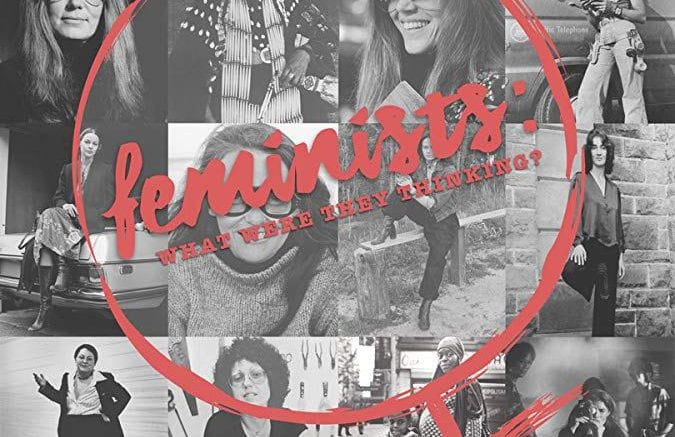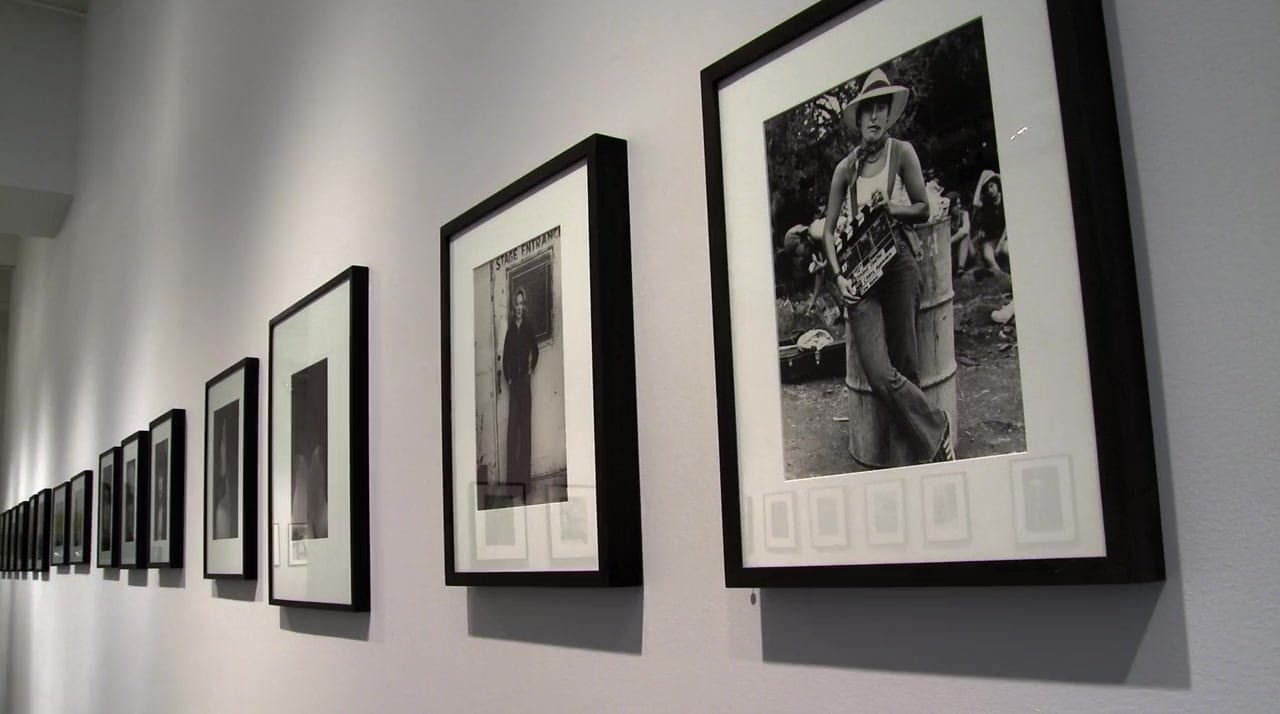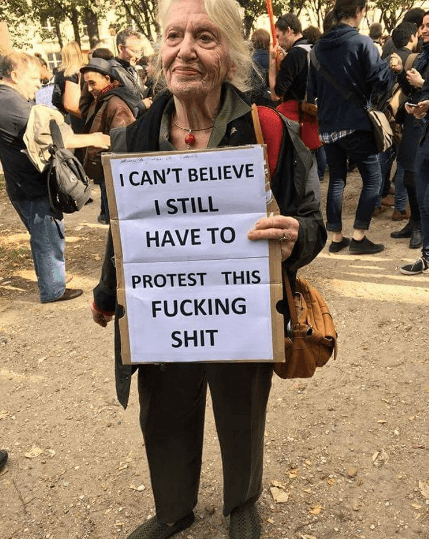(Credit from SceneSource)
The original documentary from Netflix: Feminists, What Were They Thinking, centred on a portrait by photographer Cynthia MacAdams, delves into the history of feminism in 1970. The 1970s was a period of vigorous feminist development in the United States. In that time, happy housewives are the mainstream of society’s expectations for women. But the helplessness under the middle-class makes their spiritual pain unbearable. In this circumstances, women’s rights lashed out at the idea of becoming a good wife and mother encouraged them to bravely become professional women and accept higher education.
For those who are completely don’t understand and not willing to spend the time to understand feminists, feminism is like a group of women gathering together to hate men. In their perspective, this is a derogatory label, and they tried their best to avoid it.
A young female director, Wendy JN Lee, said in an interview: “Every time someone asks me if she is a feminist, I think this is a trap. In my circle of friends, we don’t often mention the word feminism. We will be more specific like we defend gender equality, or we are fighting for equal treatment… Seriously, among my friends, I will openly say that I am a feminist and that the people who use the word are always boys. Because it makes them so cool.”
This current situation is also the best proof that the challenge is still ahead, after the rise of feminism in the 19th century. In fact, feminism is more of a group of girls gathered together to discuss how to achieve equality in all aspects by examining the current issues.
On October 12th, Netflix released a new documentary, “Feminists: What Were They Thinking?”, content revisited the lives of more than a dozen women in the second wave of feminism in the 1970s, and brings up a question: Is this society becoming more equal then we think?
(Credit from YTS)
The film begins with the “Stephan Kaiser Gallery” in New York, where the collection of photographer Emergence by Cynthia MacAdams, is considered a feminist manifesto of the 1970s. In this very Emergence, Cynthia McAdams recorded the faces of many women. She believes that the feminist wave has changed the appearance of women, so she wants to know whether such changes can be reflected in photography. She tried to capture the moment when the woman felt the true freedom in front of the camera. Under the camera, they might look serious, maybe relax, smoking, wearing skirts, wearing trousers, and even naked.
Cynthia McAdams was originally an actor. After meeting the poet of Beat Generation in Colorado in 1974, it has inspired her to start photography and record those changes among the society during the 1970s. She started with women who are familiar with her, followed by artists, writers, and democracy activists, from Los Angeles to New York. Not only to record the political movements of the year, but she also recorded the current appearance of these women.
Forty years passed by when documentary film director Johanna Demetrakas revisited the woman in the photography collection. The first sentence of each of them to open the collection is: “It is beautiful”. They stared at themselves in the past, sometimes gently touching the face on the photo with their hands, as if they were once again fascinated by their youthful spirit. Then, slowly telling the moment of their first understanding of feminism, in fact, that moment is often earlier than the real political waves, it was the moment when they first encountered gender discrimination during their growth. And now, they are has gained achievement in several occupations, and some of them even do what they couldn’t do at the time.
In those days, they were not gathered in the salon, they were on the street, they expressed their self and tried to find a fairer society, but they did not think about how long it would take.
From January 21st to 22nd, 2017, the second day when Trump took office as the new president in the USA, the nation launched the “Women’s March”. More than 500,000 people participated in Washington, DC, and joined other places. There are about 2 million people in total. A mother and daughter Carol Zais and Nicole Zais walked in the parade. Beside them are slogans against gender discrimination. One of the slogans said:” I can’t believe I still have to protest this fucking shit!”. “I was standing here with my mom in 1993. I also took this badge, but she is no longer there, and now I can stand here with my daughter, we are going to represent her, It feels good, but at the same time, I am also very sad. I have experienced the failure of the Equal Rights Amendment. I have not been able to elect a female president… I still cry a lot. Please, it’s been 2017!” Carol Zais said.
(Credit from KnowYourMeme)
A woman said in a documentary: 40 years ago, talking about gender discrimination is still taboos, women at that time, despite the conscious rise of education, still feared being accused of being labelled as “women’s politicians”. Just as young women today are difficult to identify themselves as a feminist because it is so stigmatised in our community.
Maybe we are now living in an environment does not make you aware of women’s right, human right, the significance of affirmative action. We should be appreciated to those who bravely stand out and decided to do something if they saw the inequalities. But not everyone is living in 2018, race, colour, gender, are still in the world manufacturing contradictions and problems, inexplicably, also will still exist in the future.
I never consider myself as a feminist, in fact, it is also hard to define, but I think, to be born as human, race, colour, gender has never been to distinguish a person, the biggest problem is always been prejudice and ignorance. Of course, biological evolution is slow, and the progress of human thought also need times, the era I am living in is certainly not the end, so as long as we have participated in, there will always have people soon or later living in a more equal environment, and These eyes in the photographs still remind us that the challenges are still there.





Be the first to comment on "Feminists: What Were They Thinking?"